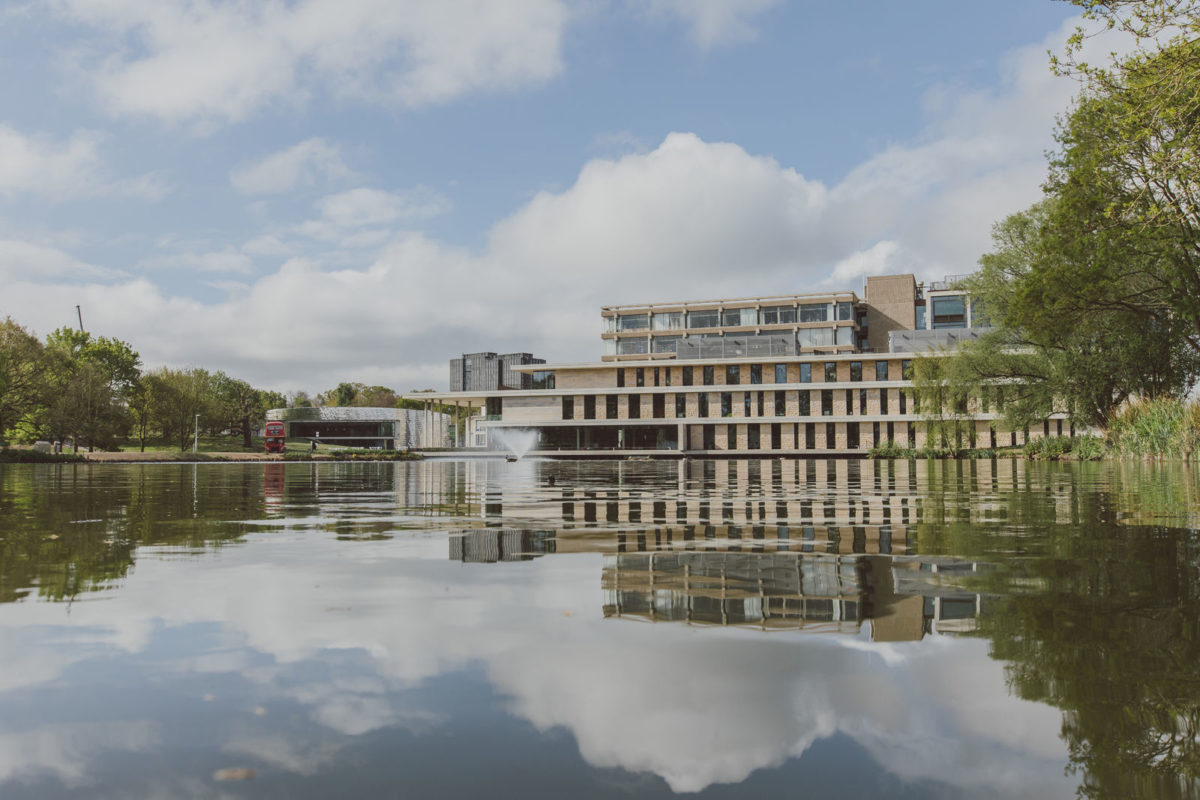By Norman Riley, Doctoral researcher, University of Essex
Embedding sustainability issues into higher education curricula is pivotal to providing students with the competencies necessary for achieving the aims of the United Nations’ Sustainable Development Goals (SDGs). Moreover, the majority of students in the UK believe that university courses should actively incorporate and promote sustainability.
I am one of that majority having come to sustainability advocacy through lived experience in animal rights and environmental activism. Furthermore, my current research on diet in UK working-class communities has reinforced my determination to contribute to creating a more sustainable and just world.
It is argued that while roughly only two per cent of the world’s population will graduate, those graduates will form the overwhelming majority of future decision makers in private, public, and civil society sectors. Higher Education Institutions (HEIs), therefore, have a crucial role to play in addressing the planet’s greatest challenges.
Through encouraging students to go beyond their disciplinary boundaries and engage with the systemic, complex, and multi-faceted wicked problem of sustainability, HEIs have the potential to catalyze and/or accelerate a societal transition toward it. HEIs worldwide have begun implementing changes to areas such as campus operations and organizational structures, are fostering deeper community relationships, and are rethinking curricula in order to play their part in achieving sustainability.
The University of Essex declared a Climate and Ecological Emergency in 2020 and committed to reaching net zero carbon emissions by 2035. As a signatory of the United Nations Global Compact, Essex has committed to linking the SDGs to each of its sustainability sub-strategy priority areas and intends to fully embed sustainability into education and research by 2026.
The Department of Sociology at the University of Essex is committed to embedding education for sustainability (EfS) within its curriculum. As part of this commitment, I am currently working on a project with Dr Katy Wheeler and carrying out a content analysis of the curricula of all undergraduate and postgraduate taught sociology degrees. Curricula audits have been undertaken at several UK universities, usually as part of institutional sustainability strategies or student-led campaigns in partnership with academics.
Using the SDGs as a framework and drawing on literature from the fields of education and policy for sustainability, citizenship, and ecoliteracy, the study is taking a deep dive into the taught modules offered by sociology at Essex. It aims to give a state of play of the Department’s provision of EfS by assessing what might currently be done well and what areas could be improved.
Sociology may not be one of the first that springs to mind when contemplating which academic disciplines align with EfS. However, the social sciences can build sustainability competencies through their study. Sociology is grounded in a desire to understand the injustices, inequalities, and conflicts in society, and question the powers that cause them and so orients with the aims and tenets of the SDGs.
Climate action (SDG 13) serves as an example of sociology’s applicability to EfS. The impacts of climate change and crisis (floods, rising sea levels, landslides, rising temperatures, air pollution, displacement, poverty, hunger) severely effect the world’s poorest, marginalized, exploited, and oppressed. Centuries of colonial and neo-colonial extractivism and destruction of sustainable Indigenous ways of life (overwhelmingly by nations of the global north) have left certain nations and/or Peoples (overwhelmingly in the Global South) too resource poor and/or socio-politically marginalized to mitigate for the effects of climate change. The study of sociology reveals how enduring socio-economic and political systems intersect with resource environments and demands its students ask why and how such systems are reproduced. Sociology encourages critical thinking and in so doing can reveal intersections between the 17 SDGs to foster systems thinking.
Sociology students can challenge scholarship arguing the exploitation of nature is external to the exploitation of humans. It has the capacity to provide students with the knowledge and confidence to challenge unfair systems and instigate change for the better. The discipline of sociology thus ought to be an instinctive fit for EfS. The content analysis will be completed during the summer of 2022 and it is hoped it will reveal to what extent sociology at Essex provides for such learning, and where it must make further efforts.










